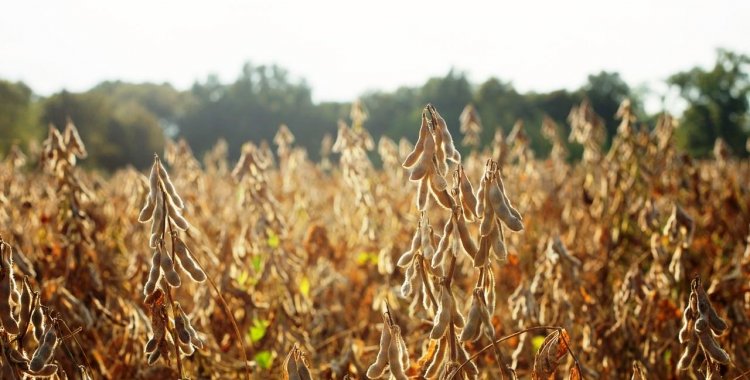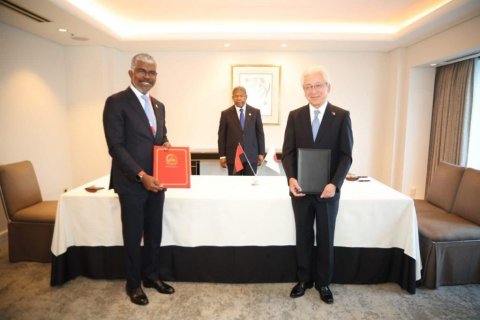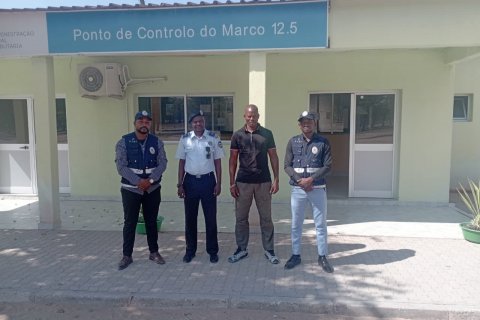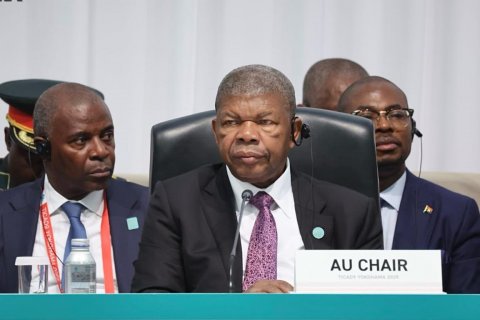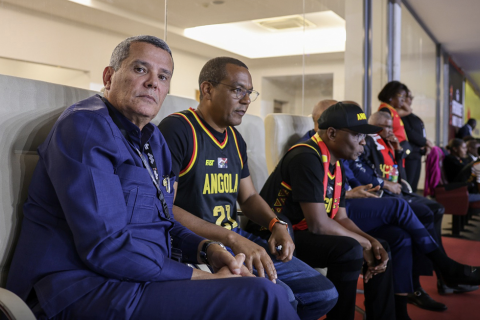According to the manager, the farm located in Lucala (Kuanza Norte) is forced to maintain production in the field due to the lack of storage space and the difficulty of selling this grain in the warehouse, writes Angop.
The company's general director also reported that in addition to the stored soybeans, they also have approximately 10 hectares waiting to be harvested.
"In addition to the soybeans in storage, we still have more than 10 hectares to harvest in the first harvest of 2025," he said, speaking during a visit by a delegation from the Credit Guarantee Fund (FGC) to Kuanza Norte and Malanje.
He reported that most buyers are from the domestic market, particularly in Luanda and Benguela, with an average price of approximately 550,000 kwanzas per ton.
With the support of the FGC, he said, they have already obtained two financing agreements from the country's commercial banks, which helped stimulate production by 300 percent and double the workforce.
According to Andrius May, with the financial support provided by the FGC, they were able to increase their cultivated area from 1000 to 2000 hectares, modernize procedures and techniques, obtain machinery and equipment, invest in sunflower cultivation, and increase the number of direct employees from 120 to 250, along with 100 temporary workers.
Quoted by Angop, the director said that the farm covers 5200 hectares and is geared towards large-scale cereal cultivation, particularly corn, soybeans, and sunflowers, in addition to 1200 head of cattle.
In terms of production, for example, in the first 2024/2025 harvest, with planting in October of last year, the agricultural project harvested 829,399 kilograms of corn from 258 hectares, with 140 tons remaining to be harvested.
The FGC delegation's visit began last Monday, "with the aim of supervising agro-industrial projects financed with public guarantees, promoting direct contact with beneficiaries and the local impacts of guaranteed operations," according to a statement from the Cuanza Norte provincial government, seen by VerAngola.
At the time, FGC Chairman Luzayadio Simba stated that this type of monitoring allows us to assess the progress of projects and make necessary adjustments.
"This monitoring allows us to assess project progress in real time and adjust our support mechanisms more efficiently, reinforcing the Fund's role as a catalyst for modern, competitive, and sustainable agriculture," he said, as quoted in the statement.

